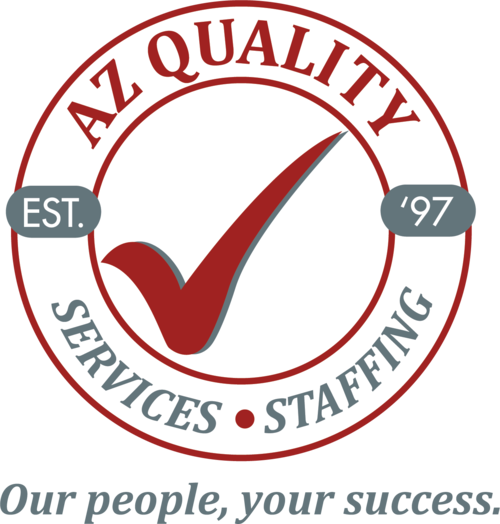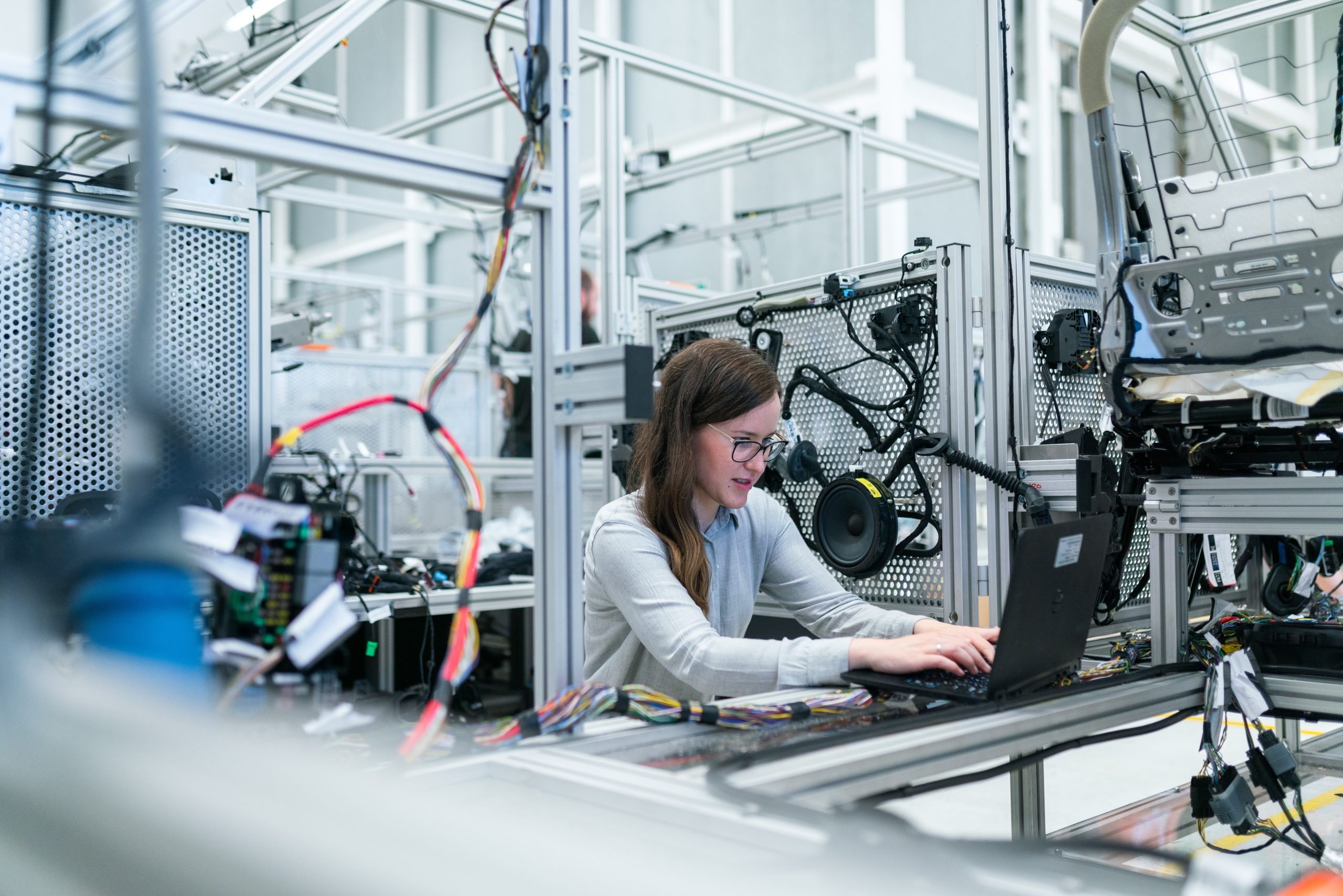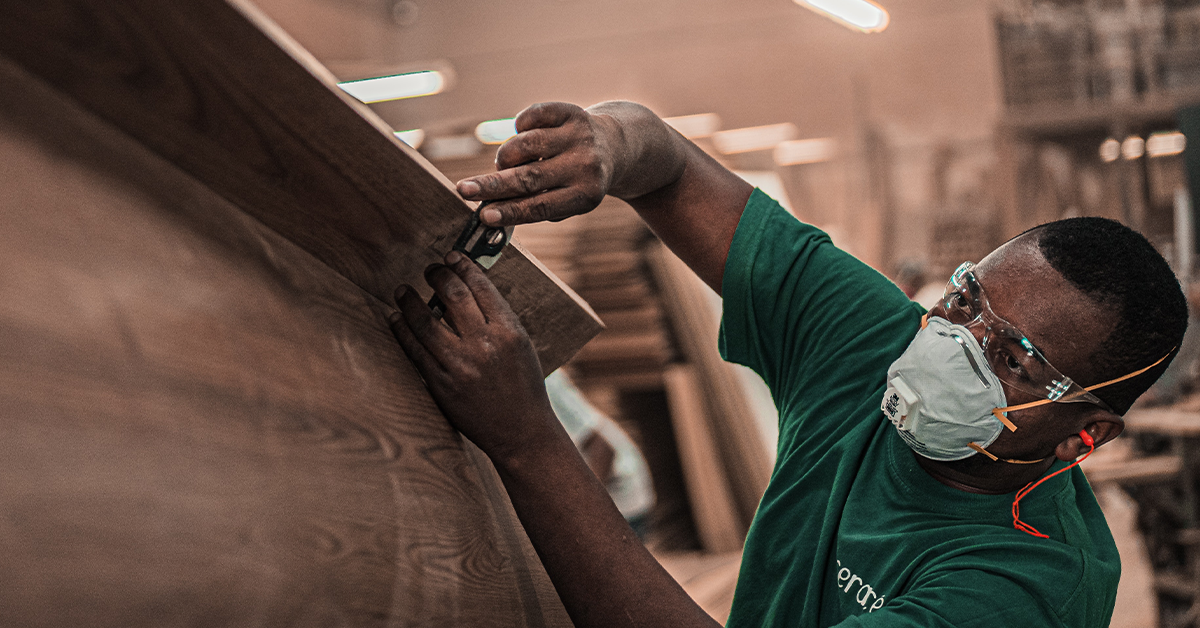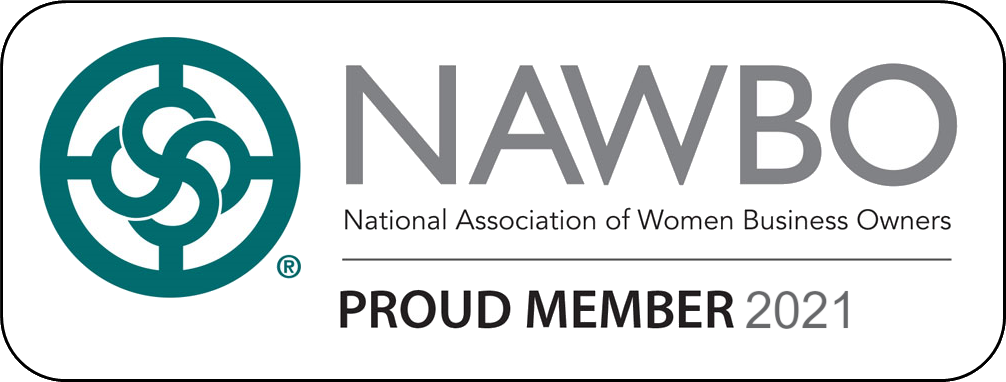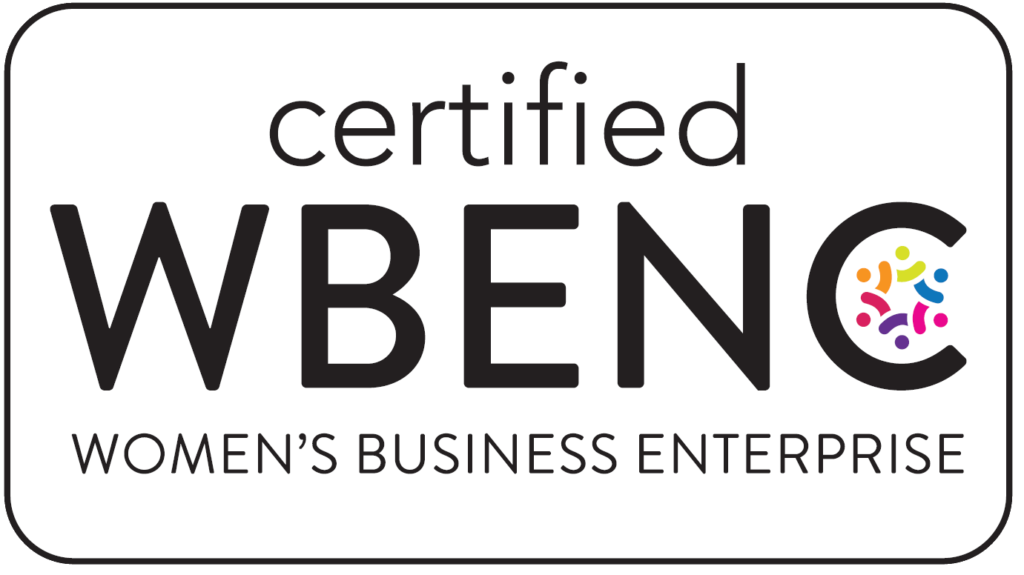
Women-Led Businesses Changing the Auto Industry
The automotive industry is facing a renaissance of sorts as it evolves from gas-powered engines to electric vehicles. Car buyer expectations have changed as well, and the consumer demand for safety, entertainment, and connectivity has also played a part in the evolution of the industry. As technology innovates the auto industry, the shift towards a customer-centered product impacts the way manufacturers run their plants. Increasingly, women-led businesses are playing a larger role in the changing auto industry.
Automotive News’ 100 Leading Women
In the near past, the auto industry’s focus was on powertrains, racing, and creating a thrilling experience for drivers. While these factors are certainly still relevant, the consumer experience now plays a larger role in the industry. Evolving technology created the need to focus more on the human aspects of operating an auto vehicle, especially as more and more drivers expect their vehicles to meet their connectivity and entertainment needs. This changing focus has led to an expansion of women’s roles in the automotive industry.
The honorees in Automotive News’ 100 Leading Women in the North American Auto Industry list certainly demonstrate this. Mamatha Chamarthi, chief information officer for Fiat Chrysler Automobiles North America, states that the shift towards technology is the biggest transformational change in the industry because consumers now look for these features first. She explains that 40 percent of customers will leave a vehicle brand if it does not meet their connected-services needs. Her insight helps her steer her business towards long-term success.
Another honoree, Lisa Drake, Ford Motor Co.’s North America COO, explains how female leaders are an asset to the industry during this period of change: “The product design process and the focus on how we deliver cars and the experience to our customers is changing, and I actually think it’s going to play well into the leadership skills and the traits that women naturally can bring to the table.”
Connecting with Consumers
According to Cheri Alexander, professor of faculty management and organizations at the University of Michigan’s Ross School of Business and a former GM executive, research shows that female leaders connect with consumers more than men do. She explains that the many roles women play in their lives (professional, parent, partner, caregiver) condition them to be more attuned to the needs of others. This background also means women tend to be more effective listeners and observers who can take their findings and turn them into products that consumers want. Women-led businesses connect with customers so they can deliver both a better experience and a product that meets people’s needs.
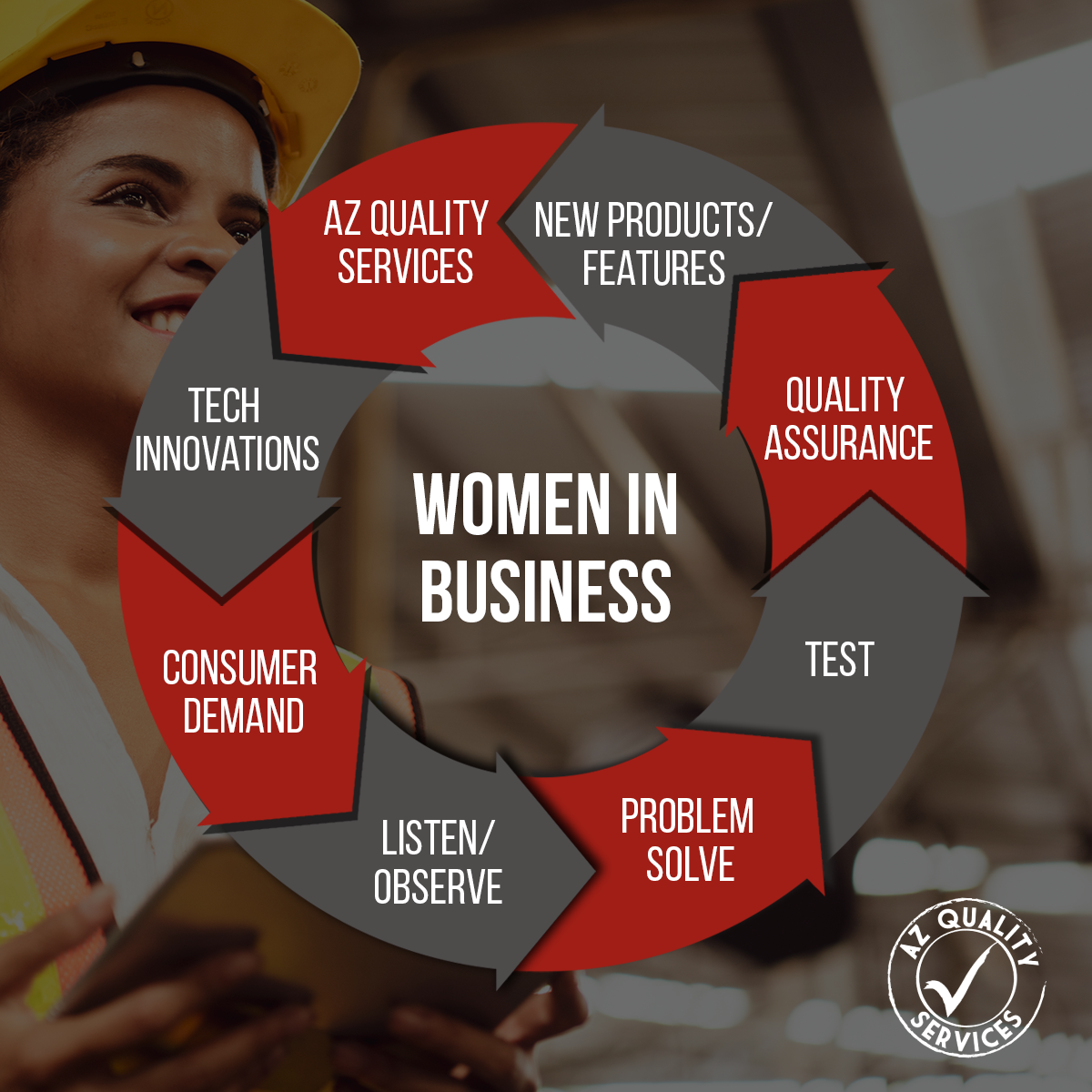
Problem Solvers
Pamela Fletcher, GM’S vice president of global innovation, talks about how her team often takes risks to plot a new path. Part of understanding consumers’ needs includes finding solutions to meet those wants. In turn, this calls for problem-solving, idea development, and testing. These uncharted waters are rife with challenges, which is why quality assurance is critical.
Quality assurance processes and teams will identify, solve, and prevent automotive manufacturing delays. AZ Quality Services is a woman-led business and a leader with decades of experience serving the industry. Angelina Myler, President and CEO, works tirelessly to improve the quality of customer and employee relationships because that is where success lies.
As the workplace diversifies and more women take the helm, the auto industry is on the cusp of an exciting new future. Women-led businesses will help guide the changing needs of the auto industry to deliver a better product for consumers and a more equitable workplace that benefits everyone.
AZ Quality Services management successfully works with manufacturers and service companies supporting a wide range of engineering, technical, mechanical, quality, communications, skilled trades, and other disciplines. We provide a multitude of managed programs and talent-focused contract personnel services supporting complete customer outsourcing needs.
